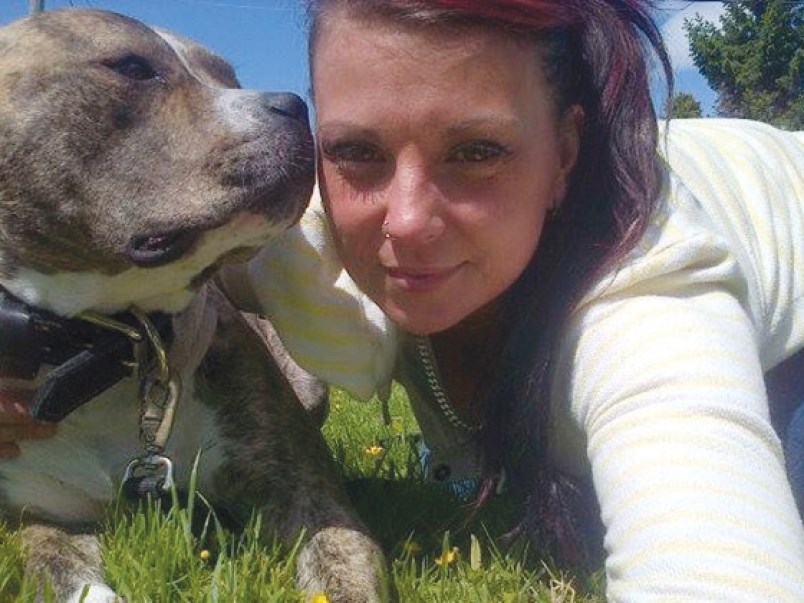It wasn’t a particularly pleasant experience talking to Ron Mahy last week about the death of his daughter Christy. He was terse, angry and easily annoyed.
But that’s okay. After all, Mahy is still grieving. And the situation he finds himself in is akin to suffering a raw, open wound while someone repeatedly pokes a pointed stick into it, over and over again.
He’s not alone. Walking in solidarity with him is a legion of people hurt by all manner of crimes, negligence and calamitous accidents, sentenced to stew in the slow-simmering cauldron of the justice system.
Three years ago, on July 30, 2014, Christy – who was 36 – was on her way home to Burkeville when she stopped her bicycle at the junction of Russ Baker Way and the Dinsmore Bridge on Sea Island.
She was waiting for the lights to change when she was hit and killed by an SUV bearing an “N” sticker.
To the layperson, it would seem to be an uncomplicated, if tragic, event.
One vehicle. One driver. One victim. By Mahy’s account, more than a dozen witnesses.
But as we stand today, three years of reports, reconstructions and reviews have snaked their way through various official departments while the end of a young woman’s life remains a question mark.
For 64-year-old Mahy, the wait has taken its toll.
“I’m rundown, beat up, worn out and f---in’ fed up,” he says.
To be sure, those on the front lines tasked with unravelling this most grievous of harms – the police, investigators and prosecutors – do their best in a bogged-down structure that is both bursting at the seams and sorely in need of more resources.
But here’s the rub. Mahy’s experience is not just one of indefinite outcomes. It’s one of indifference.
It’s a request for an update that goes unanswered. Rote responses. Transfers to voicemail.
When Richmond RCMP was asked if it could issue a statement addressing the Mahy family and their distress over what they perceive to be a lack of progress in their case, the answer was: “No.”
It’s not unlike the situations people find themselves in after a divorce, cancer diagnosis, or suicide of someone dear. Silenced by awkwardness, or worse, apathy, those outside the hurting clam up.
The silence is stinging. The rebuke, though not intended, ruinous.
Brandie Mol, who lived with Christy for four years as a roommate prior to the crash, struggles with the void.
“An apology could do so much,” Mol says. “Even if it’s not an apology, some acknowledgement.”
She’s right, of course. “I’m sorry” doesn’t need to delineate blame. (I’m sorry for your loss… I’m sorry this happened to your family… I’m sorry this is taking so long).
Part of Ron Mahy is stuck in those terrible moments that changed everything near the Dinsmore Bridge three years ago.
Closure, if it ever comes, will take time.
If it can’t be quick, it should at least be compassionate.
Paula Carlson is a journalist and former editor of The Surrey-North Delta Leader.



